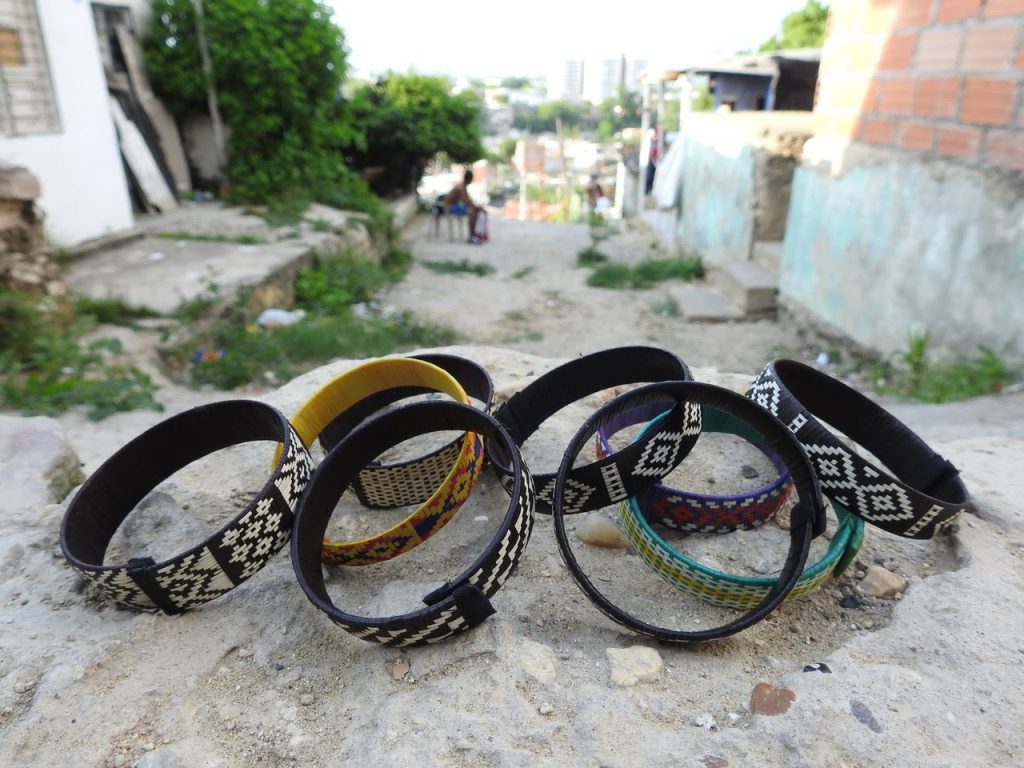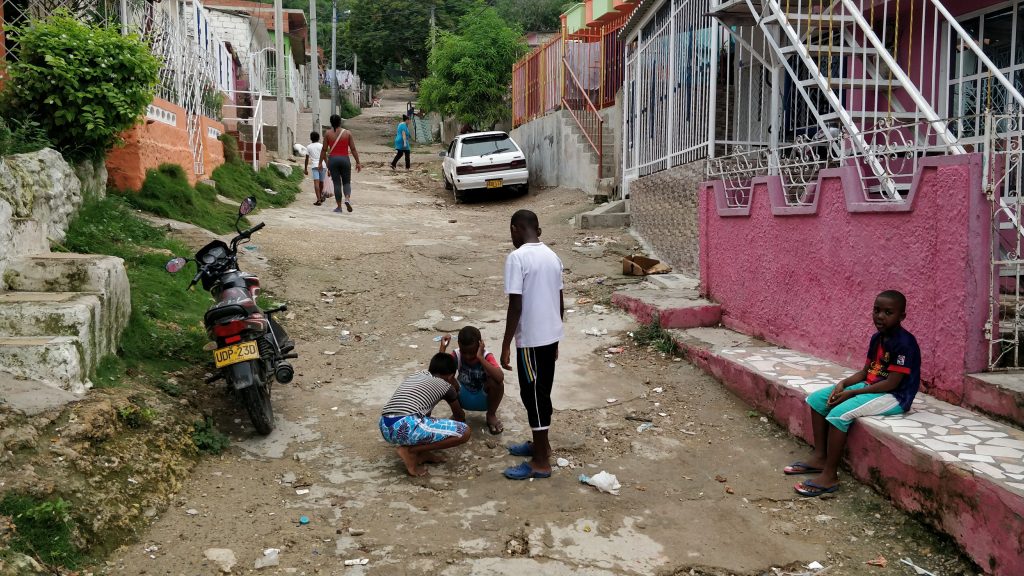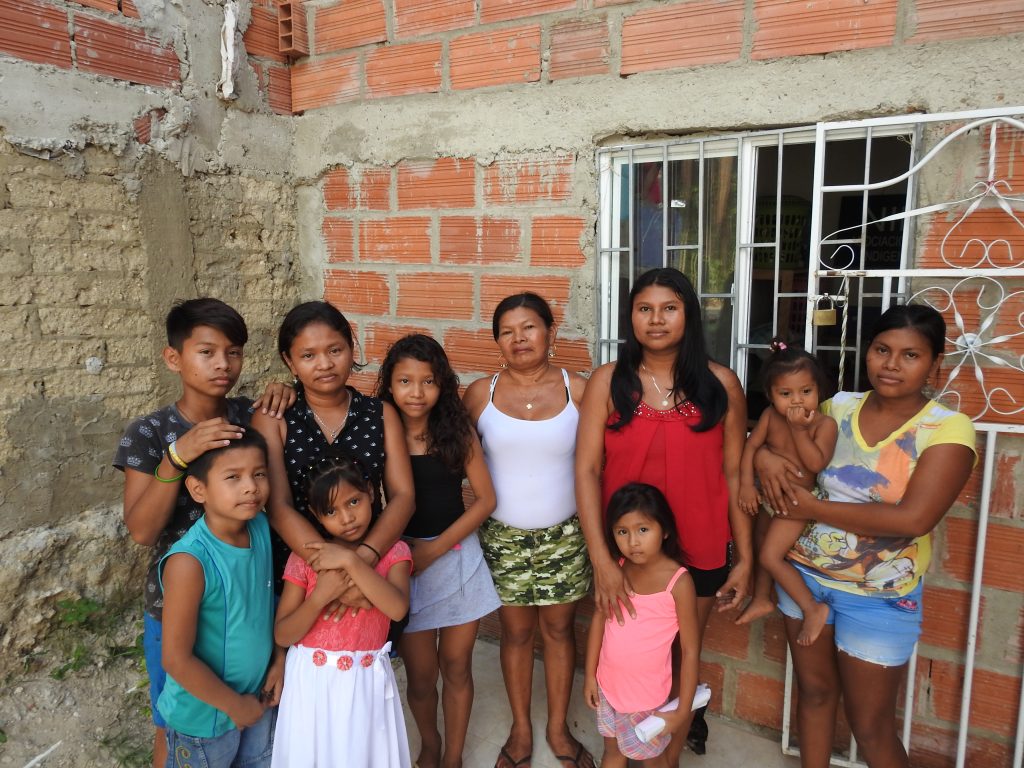About three hours outside Cartagena in Northern Colombia live an indigenous Amerindian tribe of people called the Zenu. They were an established autonomous community from 200BC until 1600 when the Spaniards conquered their land.
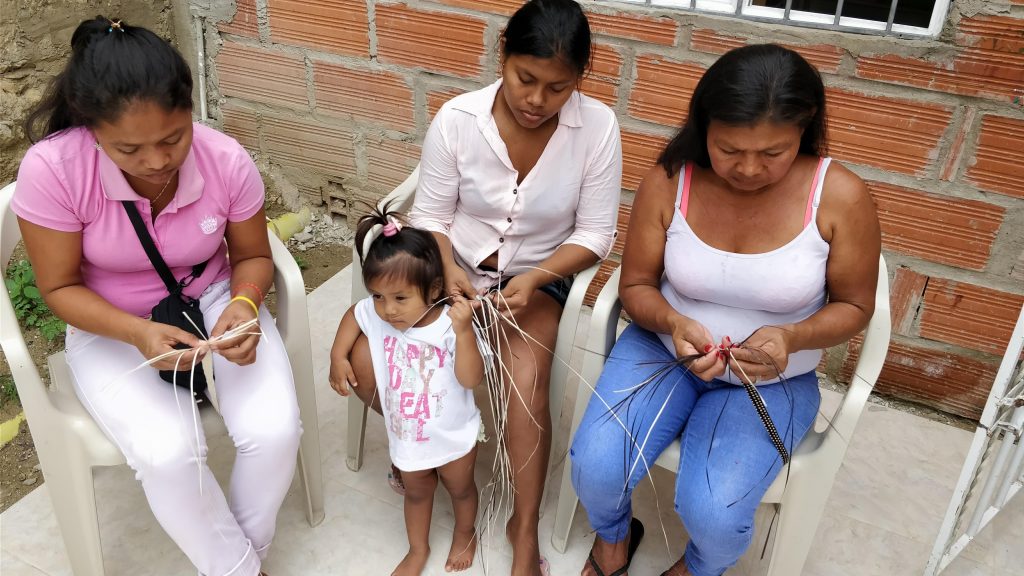
The arrival of the Spaniards was bad news for the Zenu population, they were taxed excessively, forced into labour and were unable to fight many of the Western diseases which had been brought into Colombia. In 1773 the King of Spain designated 83,000 hectares of land in San Andres de Sotavento as a Zenu reserve – this existed until 1905 when it was dissolved by the National assembly of Colombia.
The Zenu tribe fought for their ancestral rights to this land throughout the 20th century and in 1990 the area was restored as a Zenu reserve. They now hold the land rights to 23,000 hectares of land a 33,000 strong community of Zenu peoples are working towards holding onto centuries-old traditions and heritage.
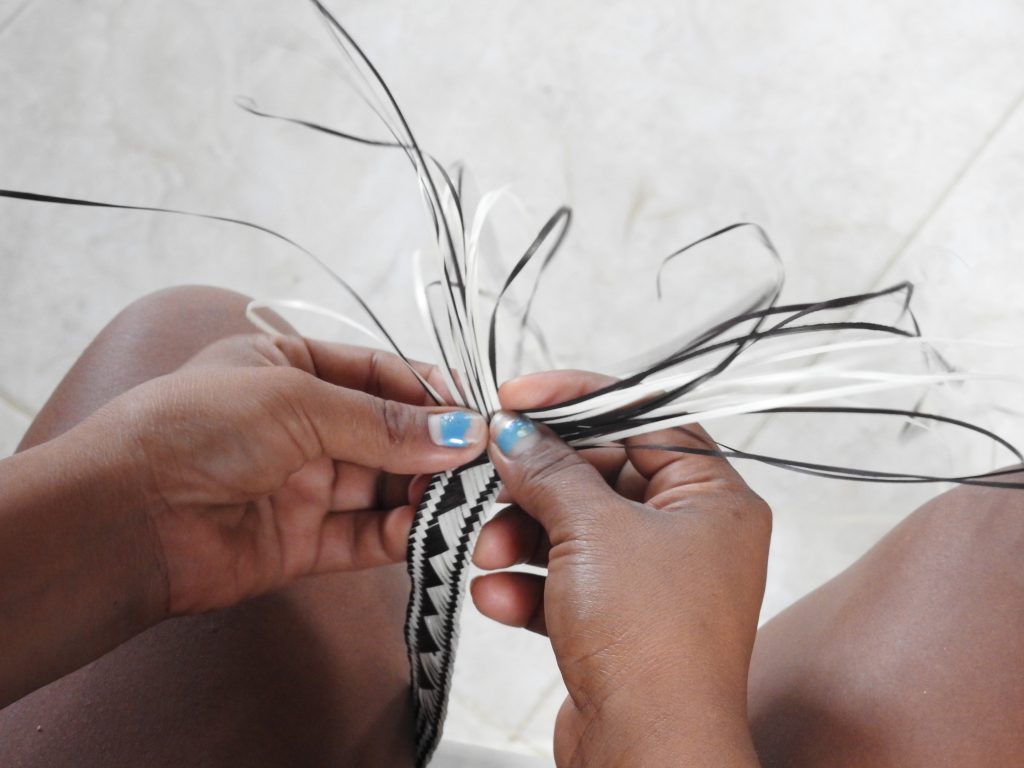
One of the fundamental ways that the Zenu people retain their culture is through weaving and design of traditional pieces. Children are taught from as young as 8 years old to weave the cana de flecha, the material used to create all of the products in the Zenu Collection. The arrow cane fabric comes entirely from suppliers of Tuchin, Córdoba. Suppliers are paid at a higher price than the market, to guarantee a fair income. Flecha de Cana is friendly to the environment.
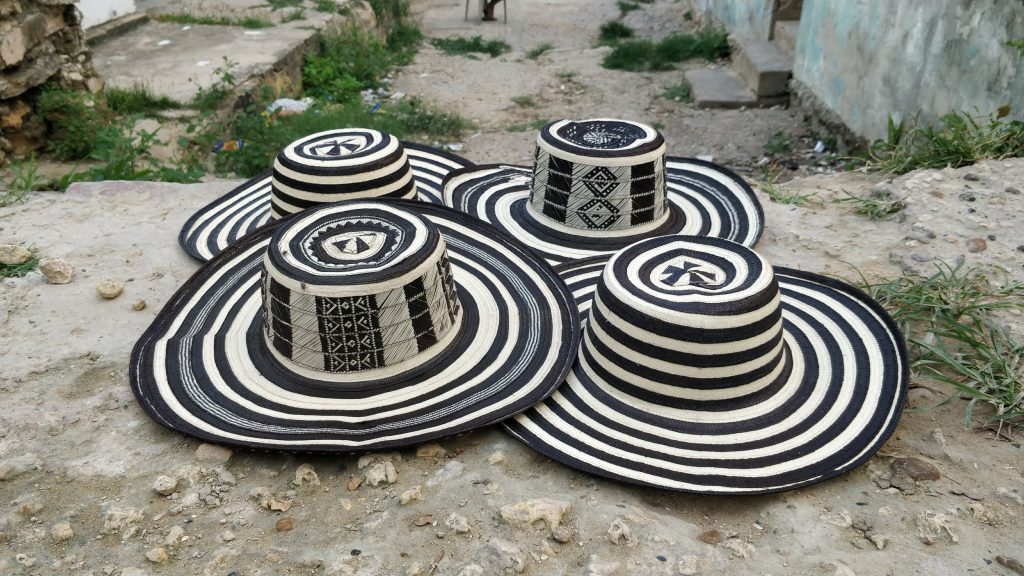
The Zenu Collection is from a collaboration between TMAC and the artisanal company Ninha. The eleven artisans of NINHA are indigenous Zenú de Cartagena, displaced during the last decade, experts in weaving of cane arrow. This company is theirs, and Ninha seeks to value the entire value chain of zenu artisanal production through design and product innovation, to improve the price and quality, and therefore the level of income per family. Ninha was set up as a way to preserve the ancestral knowledge of the Zenu Indians and help them to find ways of selling their products and guarantee a fair and sustainable income. Ninha came about as the result of three different components: The Indigenous women, two Danish students of the Sustainable Design Engineering Program of the University of Aalborgh in Denmark and FEM, the Fundacion para Multidimensional Educacion.
Through our collaboration, TMAC & Ninha are creating wider market access for the Zenu women of Cartagena.
